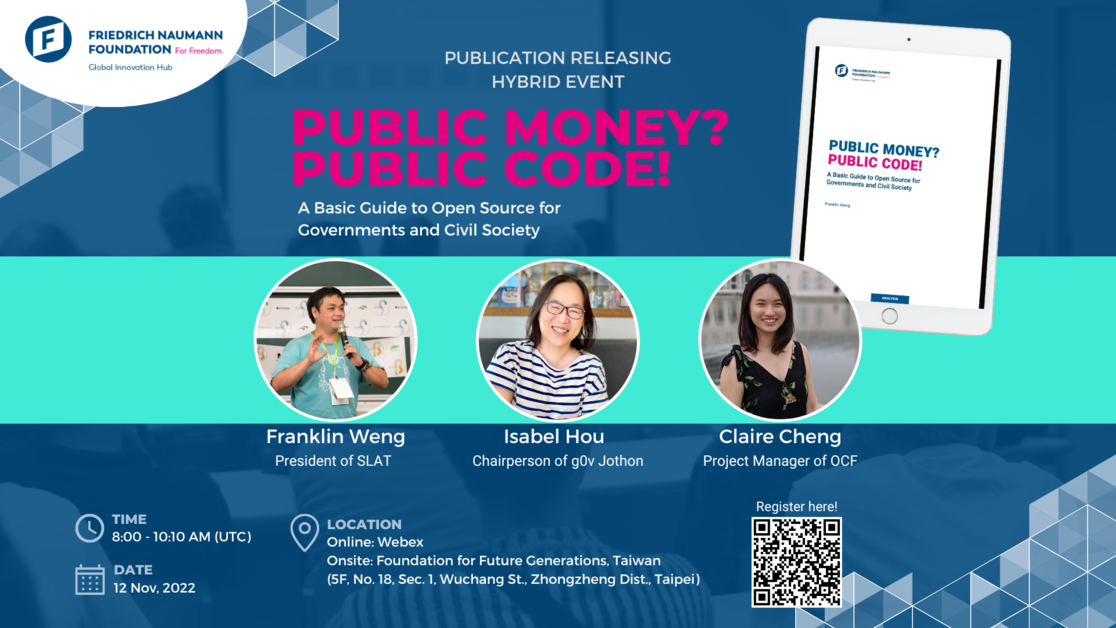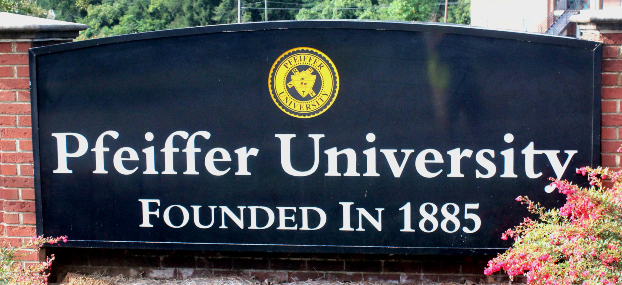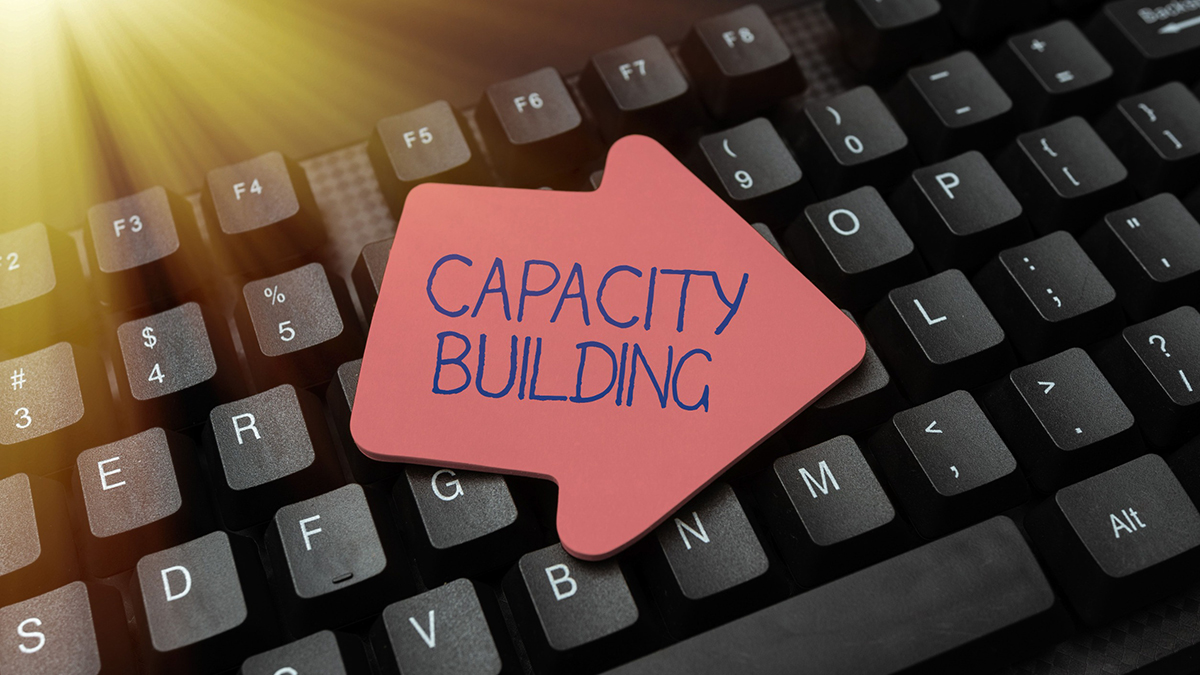Sign up for Public Money, Public Code Guide Release Event!

We will hold a release event for our public money? public code! A guide for governments and civil society on November 12, 4:00 p.m. to 6:10 p.m. (UTC+8) at the Foundation for Future Generation, Taiwan (青平台)and on webex! Simultaneous two-way English-Chinese interpretation will also be provided. Participants will be invited to play the Open Starter Village tabletop game together!Please register by clicking here!
About the Guide
In 2022, FNF Global Innovation Hub published Public money? public code! A guide for governments and civil society. Mr. Franklin Weng, the author of this guide and president of the Software Liberty Association Taiwan, used easily understandable language and examples of everyday scenarios that officials and the public encounter to help readers painlessly grasp technical terms. such as open source, FLOSS software. , and open standard. In addition, the guide explains why free/libre and open source software (FLOSS) is the key to improving transparency, accountability, accessibility and efficiency of public digital service. It allows readers to establish Public money? public code! as a public digital service perception mindset: If a public digital service is built using taxpayers’ money, it must be overseen and scrutinized by them like any public infrastructure. Finally, the Guide also provides practical policy recommendations on improving the use of FLOSS in governments.
Purpose of this guide
Challenges to democracy have increased massively in the digital realm, in part because public digital services and infrastructure in many countries are designed as a black box. People are not allowed or cannot monitor them. Because of this, authoritarian regimes can use technology as a surveillance tool, while in democracies the transparency of public digital infrastructure and services also left much to be desired. In both types of regimes, without proper regulation, corporate profit motives can also undermine people’s rights to a safe and accessible digital service. The idea of FLOSS software is one of the possible solutions to the current challenges. He urges that the digital public service code be made available to the public. It also creates more opportunities and choices for governments to flexibly and efficiently establish and enforce digital service. Therefore, we have published this guide, in the hope of lowering the threshold for people to understand technology issues important to democracy, and providing them with applicable knowledge to decide what an ideal digital service should be.
About the release event
Providing more open source education is one of the policy recommendations in this guide. Therefore, we hope that this launch event will not only showcase the Guide, but also showcase various forms of open source education, like what we saw in Taiwan: civic tech schools without walls or board games! We hope these examples can inspire participants to imagine how to design and establish open source education in their communities or region.
Accordingly, in addition to inviting Mr. Weng to introduce the publication, we will also invite Ms. Isabel Hou, president of g0v jothon and legal consultant for g0v’s Sch001, to present how g0v’s Sch001 has provided open source training to high school students and citizens since 2019. Civic Tech Communities will work with teachers and students and guide them to apply what they learn from g0v’s Sch001 to create their own civic tech projects.
Let’s play the Open Starter Village tabletop game together!
Second, we’ll be inviting the Open Culture Foundation (OCF) to showcase their Open StarTer Village tabletop game, a game they developed with FNF Global Innovation Hub this year. The game aims to let people learn about open source, open data, and open government in a fun way. In addition, we will invite the public to play the game together after all the presentations and the discussion session! The audience will be split into groups, and OCF and FNF staff will help guide everyone through playing the game. We hope this trial helps make learning about open source interesting, and we hope to have your feedback to bring more inspiration to this game!
Our speakers:
As president of the Software Liberty Association Taiwan (SLAT), Franklin Weng has been a tireless advocate for open source in Taiwan and around the world since 1993. He led ezgo-a program advocating the application of free and open source software in schools. As a member of K Desktop Environment eV (KDE eV), he coordinated the KDE zh_TW l10n team. He has also been a migrant consultant and professional trainer for LibreOffice since 2016. From 2018 to 2022, he also served as a board member of The Document Foundation and served as Vice President of the Foundation from 2020 to 2022.
Franklin Weng, President of Software Liberty Association Taiwan (SLAT)
Isabel Hou is a seasoned lawyer specializing in technology innovation and intellectual property law and has served as legal counsel for various government programs, prestigious companies and NGOs in Taiwan since 2000. She has contributed to the g0v community since the 1st g0v hackathon in 2012. and became chairman of the “g0v Jothon” working group, which organizes bi-monthly g0v hackathons. Isabel is also a mother of three boys and has keen observation and involvement in Taiwan’s public and experimental education system. These experiences led her to co-found the Sch001 [ pronounce school zero] project to provide open source technology education to students and citizens.
Isabel Hou, Chair, “g0v Jothon” Working Group
Claire Cheng is interested in civic engagement and open government. She organized workshops to promote open culture through the board game OpenStarterVillage for teachers and students.
Claire Cheng, Project Manager, Open Culture Foundation
Click here to see the program of the event.
Click here to join.
Event Venue Address: Future Generation Foundation Wu-chang Office, 5F, No. 18, Sec. 1 Wuchang Street, Zhongzheng District, Taipei City






